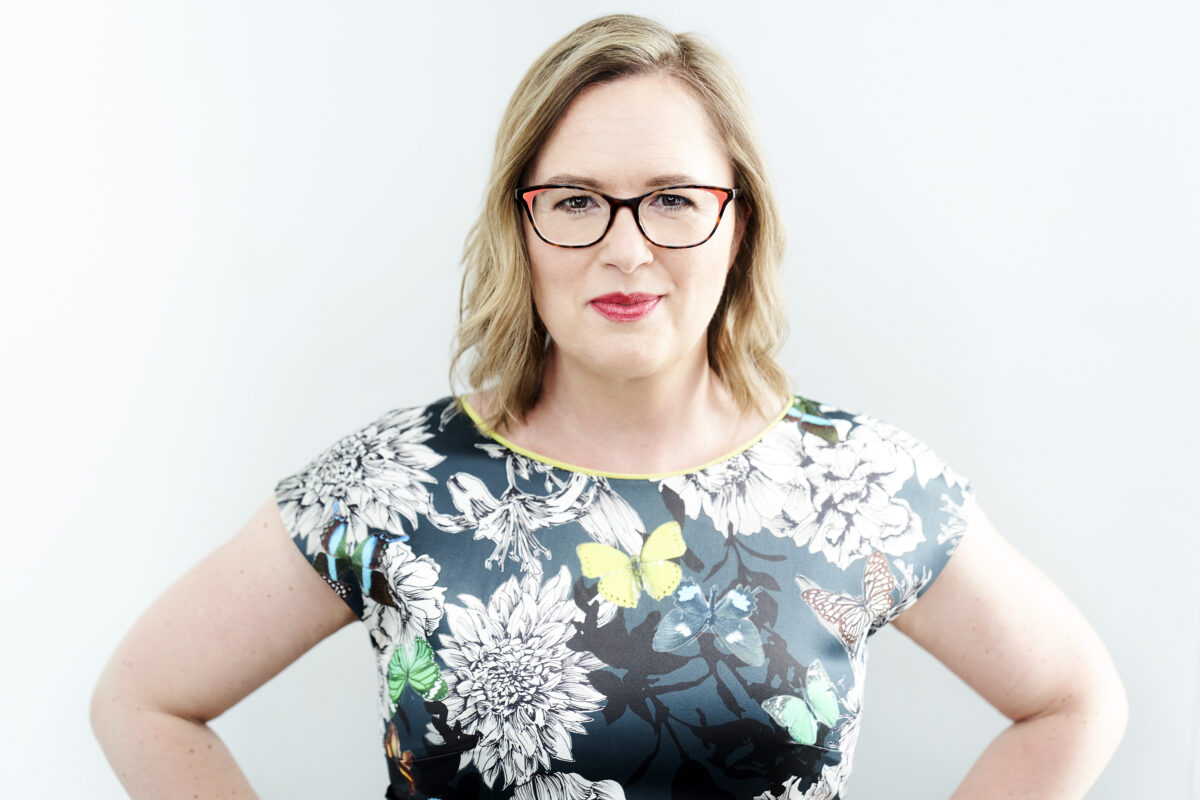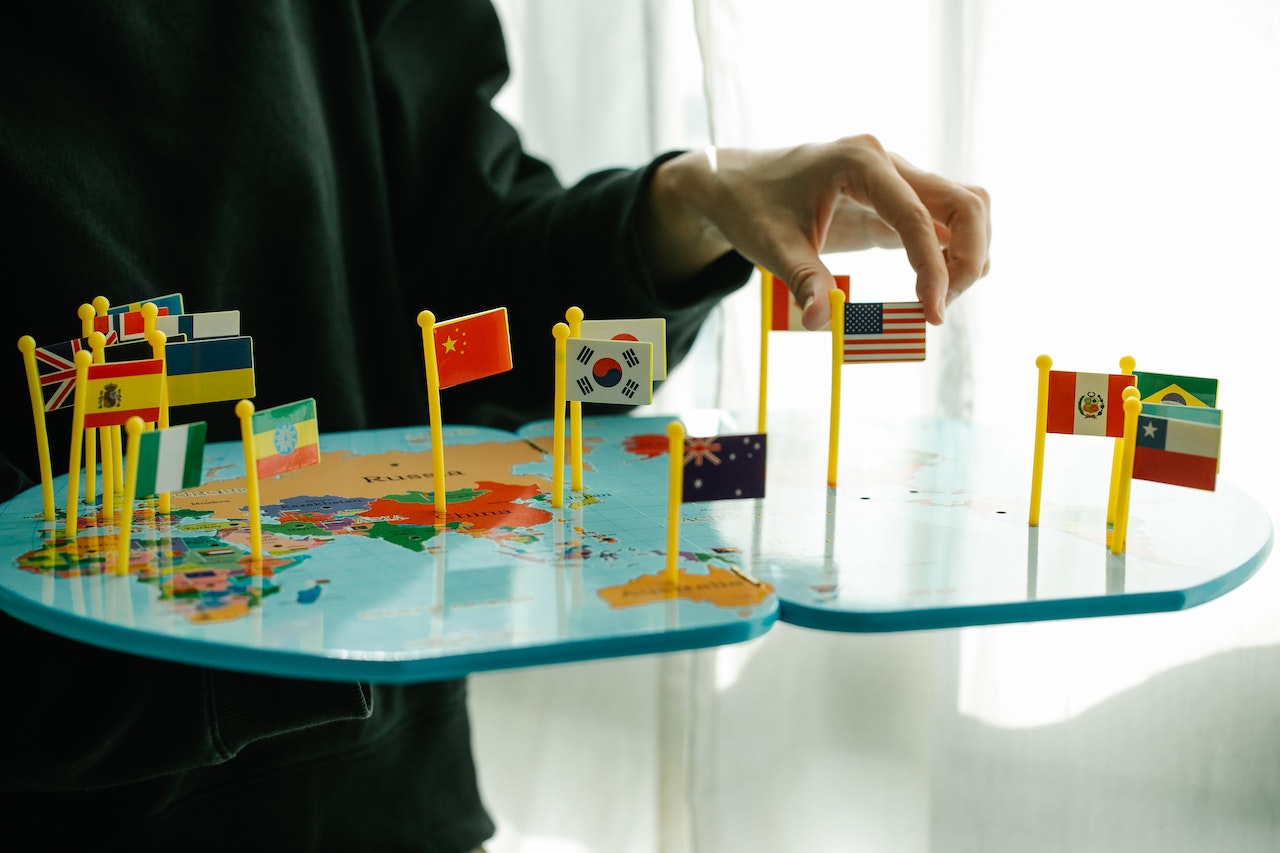Photo courtesy of Tammy Heermann.
Tammy Heermann’s expertise, gained through over 20 years of work in gender diversity and leadership development aimed specifically at women, has made her a highly sought-after voice by Fortune 500 companies globally. Her focus is on women advancing in their careers by breaking free from organizational and personal roadblocks. Currently, as an independent consultant and as a member of the Women’s Leadership Advisory Committee for Women in Communications and Technology (an Ottawa-based non-profit), she transforms leadership to align to the needs of the times and aids C-suite leaders progress through sponsorship.
The Edge had the chance to be enlightened by Heermann’s experiences as a consultant in the leadership development space and seek her advice on how women can lead better.
What or who would you say influenced you the most in your journey to be a leadership development expert?
There’s an earlier leader that I worked for in my career, and he believed in everyone’s potential. He always said to me, “I believe that people get up in the morning, and they want to make a meaningful contribution. No one goes into work to do a crappy job. No one gets up in the morning to make other people’s lives miserable.” He lived with this philosophy, and he believed that the job of a leader was to unleash that potential in other people. He made me think about the role of a leader in leadership development as something different, something really critical, and something very important — to create the culture and the results that you want, for individuals, their careers, and the organization.
Research shows that women experience impostor syndrome more than men. What has your experience been regarding this in your line of work?
This is a really interesting and contentious question. I would say I’m asked to speak on this topic a lot, of course, working with women in leadership. As I dove into the research in this area, I discovered that actually men and women equally suffer from these feelings. In fact, [in] some studies that I found, 82 per cent of adults experience imposter syndrome at some point in their lifetime. So, this is not necessarily a gender thing, but I think why it’s attributed more to females is for a number of reasons. Of course, there are biases and stereotypes for both men and women. I think men may experience these feelings of imposter syndrome, but they don’t articulate them.
That being said, because I spend a ton of time in rooms or in Zoom calls now with women, there’s many kinds of things that [I] identify with imposter syndrome [that I see] a lot in women — more so than men. So, I think some of the factors associated with it, we can see more in women, such as difficulty accepting praise or deflecting compliments, giving others more credit than taking credit for yourself, questioning your skills and abilities, [and] setting very high expectations for yourself. But this notion of how you define it, I think men and women can equally feel those feelings.
What advice would you give to women lacking self-confidence who hold back from applying for promotions?
First, we have to start believing in our potential and what’s possible. Countless studies have shown really disheartening statistics on the state of how women are feeling about moving into more senior positions. […] My advice would be, first of all, we have to reframe and say, “Wait a minute. I do belong here!” We do belong in leadership positions or in that next job or that next role that [we’re] applying for.
If self-belief and confidence are an issue, then I would say stop comparing yourself to the old, stale models of leadership. The world requires a new kind of leadership, which is often associated with female qualities like collaboration and influence and caring for the employees’ welfare and health and wellbeing. Only compare yourself to a younger you, to marveling how much you’ve learned and grown and experienced, and then build on it.
How would you describe your own leadership style? Is there a specific kind of leadership style you endorse for others?
This answer has changed over the years, and the first word that popped into my mind — especially given this point of time we’re living in — is human. We need to be human and what that means — because it feels soft, but in actuality, it’s tough, and it requires incredible strength. You can always find smart people to lead strategy and drive results and execute things. But what we’re seeing now is we need leaders who can create connections, relationships, and learning, and without those, workplaces are a very grim place. That’s how I would describe my style: as the ability to build authentic relationships with the team, the people I coach and mentor, but also with colleagues and leaders across the organization and up the organization.
What work do you think still needs to be done to improve women’s representation at the C-suite level?
A lot of work. What I would like to see organizations do is take a longer-term view. It’s not easy, but we can hire [for] diversity. What’s lacking is the culture and the systems to keep people there. We have to build the pipeline of women coming through the organization because what happens in most organizations is the numbers declined for women at that kind of mid-career [or] director level, depending on how big the organization is, and — surprise, surprise — that coincides with family planning years!
If we want to continue to populate the planet and have women work to increase global GDP, we need some drastic changes. When we’re expecting women to have primary caregiving roles and be these perfect people at work to get promoted — it’s killing us. We’ve been working on women’s programs for decades, and it should continue because there’s value for women in getting together for sure, but we need to address the cultural and policy aspects now.
Arslan Ahmed | Editorial Assistant



















